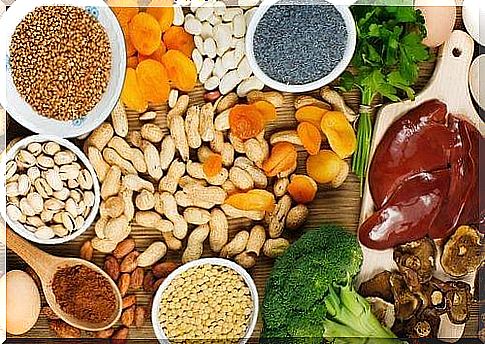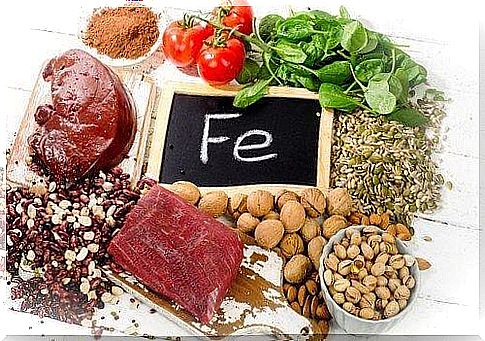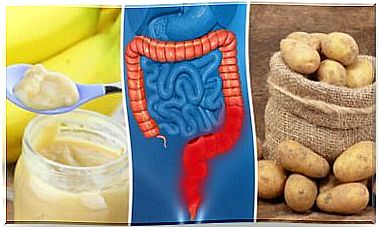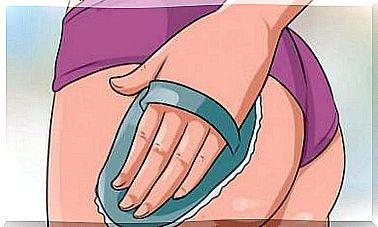Eat These Foods To Increase Iron Levels

Iron is a mineral that actively helps your body function properly. Among other functions, it is present in the synthesis of DNA and in the formation of collagen. In addition , it increases your defenses to fight disease and produce hormones and connective tissue. It may therefore be necessary to increase iron levels if they are low.
The most important task of iron is to transport and store oxygen.
In the same way, it participates in the process of aerobic respiration, to produce:
- Hemoglobin, a protein from the red blood cells that carries oxygen from the lungs to the rest of the body.
- Myoglobin, another similar protein, but with facilities to transport oxygen to the muscles.
Depending on the type of food it is concentrated in, there are two types of iron:
- Heme. This iron is easy to absorb and is found in animal products.
- Non-heme. This iron is found in foods of vegetable origin, and is absorbed in very low amounts.
How much iron should you consume?
The body needs a certain amount of iron according to each person’s life stage. It also depends on diet, gender and other factors.
The following list are some of the most representative examples:
- Babies from 6 months to one year – 0.27 mg of iron daily
- Children from 4 to 8 years – 10 mg daily
- Adult men from 19 to 50 years – 8 mg daily
- Women from 19 to 50 years – 18 mg daily
- Pregnant women – 27 mg daily
- Breast-feeding women – 9 mg daily
These interesting data reveal that adult women and pregnant women need more iron than men. This is due to their body processes, such as menstruation.
Foods that can increase iron levels

As mentioned above, iron is a mineral that is naturally found in foods of both animal and vegetable origin.
Below we bring a list of foods that contain a significant amount of iron:
- Poultry (above all dark meat), eggs.
- Lean red meat, such as beef.
- Mussels and other shellfish.
- Salmon.
- Dried fruit: Prunes, raisins and dried apricots.
- Cereals and wholemeal bread.
- Legumes: Soybeans, lentils, dried beans, green beans, yellow peas and horse beans.
- Vegetables: Spinach, broccoli, cabbage, asparagus, dandelion leaves and kale.
- Whole grains: Wheat, oats, brown rice.
It is important to point out that the uptake of iron from vegetables, fruits, grains and supplements is less than from meat.
Despite this, the uptake of iron from vegetables can be tripled in combination with lean meats or legumes and dark green vegetables.
Another way to help your body improve the absorption of iron is by consuming foods high in vitamin C.
Vitamin C facilitates the absorption of iron at a gastrointestinal level.
Should I increase iron levels?
For those who do not work in medicine or nutrition, it can be a difficult task to know the symptoms of low iron levels in the body.
However, there are some signs and symptoms that allow you to identify that you need to increase iron levels.
Overall, low iron levels can cause anemia. Anemia is a condition in which the body does not produce sufficient amounts of hemoglobin in the blood.
Symptoms of anemia or low hemoglobin levels in the blood

- Paleness
- Shortness of breath during physical activity
- Muscle fatigue
- Low level of performance
- Neurological disorders: Dizziness and headache
- Kidney changes: Edema and swelling in the legs
- Increased heart rate
In addition, people with vegetarian diets should consume twice the recommended daily amount of this mineral. This is because the uptake of iron through vegetables is much less than when consuming meat.
Risks of excessive iron intake

Eating foods high in iron is always positive when it comes to a balanced diet and under the guidance of a doctor. However, too much iron can cause the following symptoms:
- Stomach problems
- Constipation
- Vomiting
In some cases, it can lead to organ failure. As you can imagine, this is harmful. Similarly, excessive intake of iron can also cause disease. Some of these are breast cancer, heart defects and cirrhosis.
As you have seen, it is very important to control iron levels in your blood and body. The best way to do this is by using a blood test.
At the same time, one must not forget that the foundation of good health is a varied and balanced diet.









